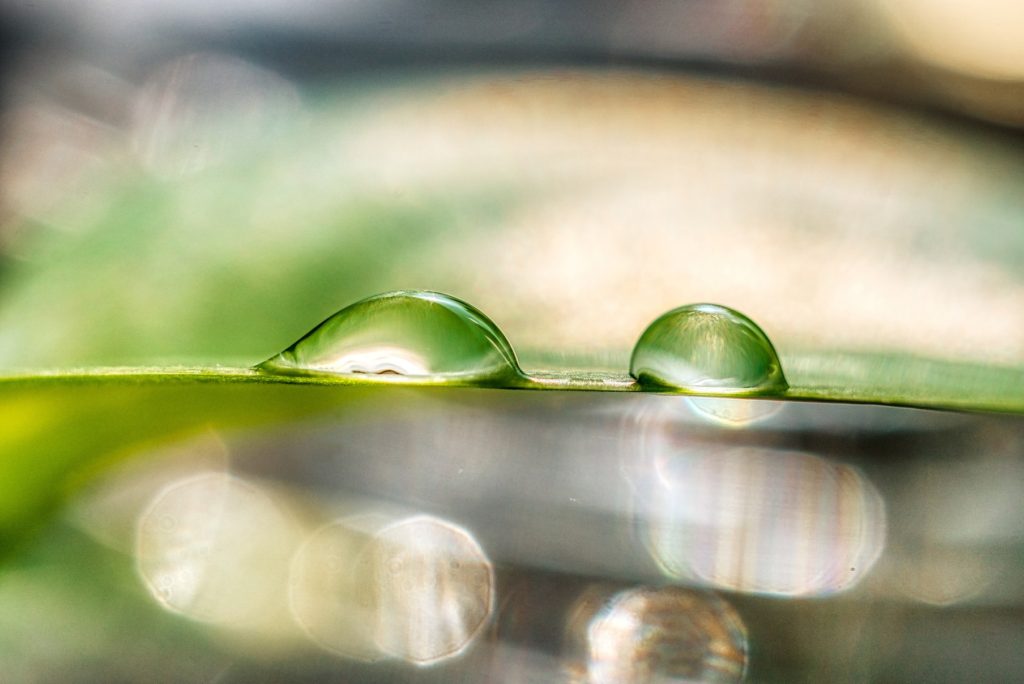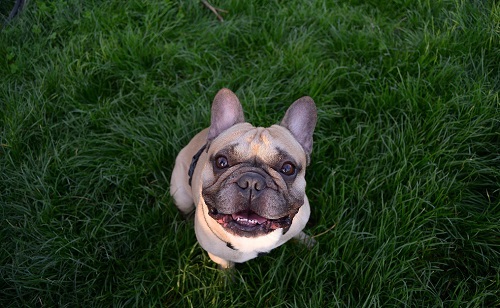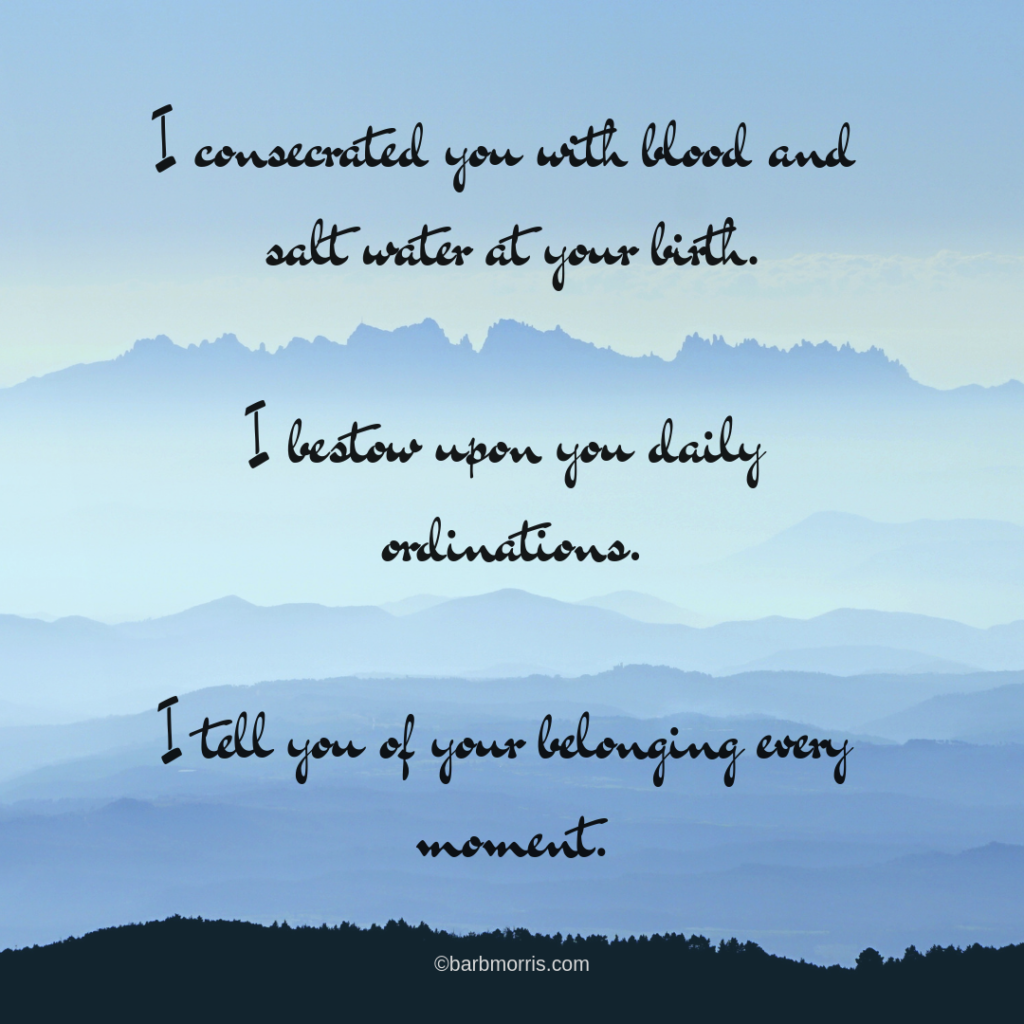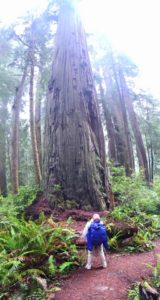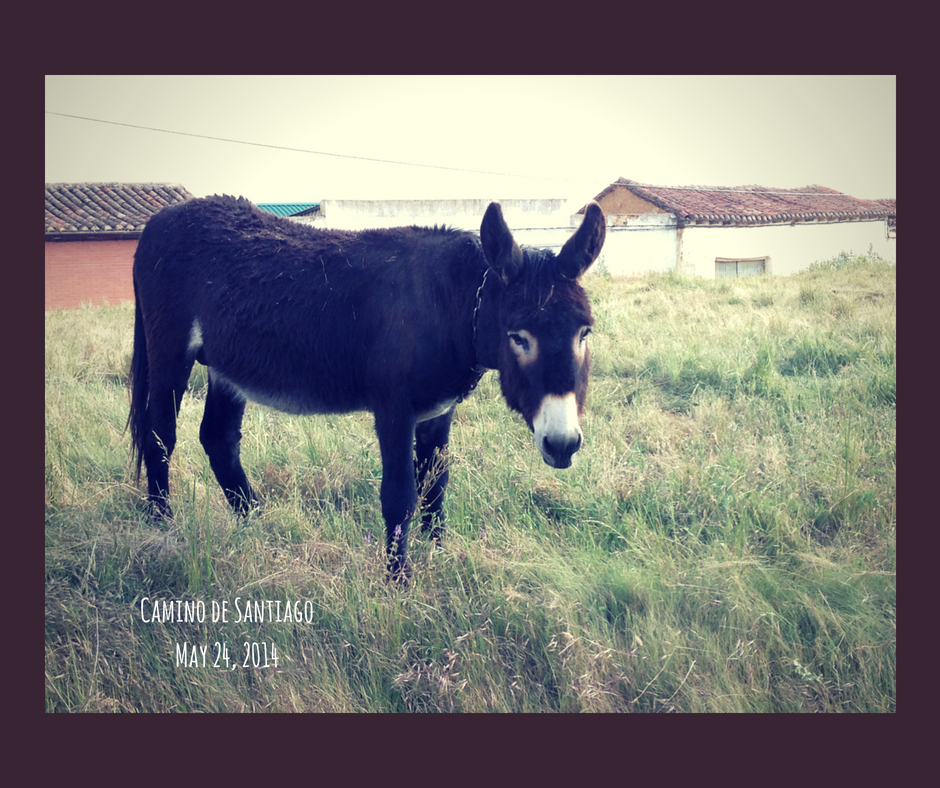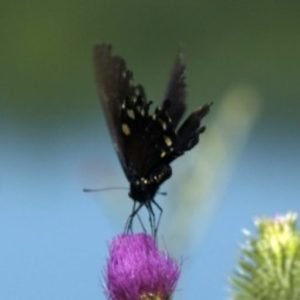We began our most recent Community Conversation with Lectio Divina, using the first lines of Mary Oliver’s Wild Geese. We laughed, we cried, we shared. One community member contributed David Whyte’s lovely poem to our conversation. l am deeply grateful to you all.
Both poems are potential resources for you who find yourselves walking in a spiritual wilderness. They speak to the loneliness of wandering and the joy of finding home again. And perhaps to the realization that home was there all along. Perhaps even to the realization that the wilderness is home.
Mark your calendars for our next gathering: Thursday, September 30th, at 9:00 am Pacific. We’d love to have you join us. Subscribe here for weekly-ish resources, including links to Community Conversations.
Wild Geese
You do not have to be good.
You do not have to walk on your knees
for a hundred miles through the desert, repenting.
You only have to let the soft animal of your body
love what it loves.
Tell me about despair, yours, and I will tell you mine.
Meanwhile the world goes on.
Meanwhile the sun and the clear pebbles of the rain
are moving across the landscapes,
over the prairies and the deep trees,
the mountains and the rivers.
Meanwhile the wild geese, high in the clean blue air,
are heading home again.
Whoever you are, no matter how lonely,
the world offers itself to your imagination,
calls to you like the wild geese, harsh and exciting—
over and over announcing your place
in the family of things.~Mary Oliver
The Well
Be thankful now for having arrived,
for the sense of
having drunk
from a well,
for remembering the long drought that preceded your arrival
and the years walking in a desert landscape of surfaces looking for a spring hidden from you for so long that even wanting to find it now had gone from your mind
until you only
remembered the hard pilgrimage that brought you here,
the thirst that caught in your throat; the taste of a world just-missed
and the dry throat that came from a love you remembered but had never fully wanted for yourself, until finally, after years making the long trek to get here it was as if your whole achievement had become nothing but thirst itself.
But the miracle had come simply from allowing yourself to know that you had found it,
that this time
someone walking out into the clear air from far inside you
had decided not to walk past it anymore;
the miracle had come at the roadside in the kneeling to drink
and the prayer you said,
and the tears you shed
and the memory
you held
and the realization
that in this silence
you no longer had to keep your eyes and ears averted from the
place that
could save you,
that you had been given
the strength to let go
of the thirsty dust laden
pilgrim-self
that brought you here,
walking with her
bent back, her bowed head and her careful explanations.
No, the miracle had already happened
when you stood up,
shook off the dust
and walked along the road from the well,
out of the desert toward the mountain,
as if already home again, as if you
deserved what you loved all along,
as if just remembering the taste of that clear cool spring could lift up your face
and set you free.~David Whyte
Photo by Thomas Kinto on Unsplash

